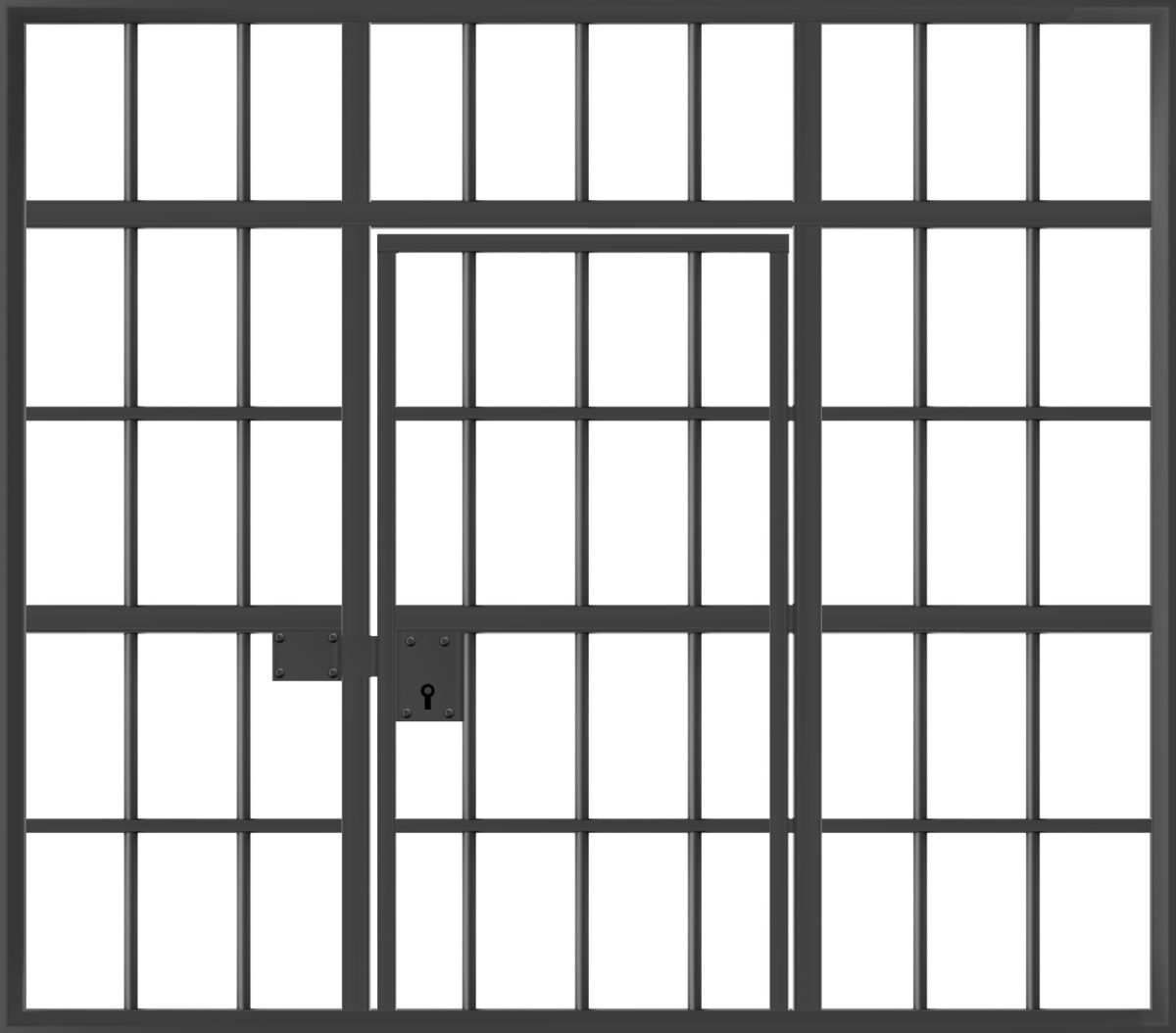With the publication of his America First budget proposal, President Trump has revealed the policy implications of his brand of nationalism. The budget serves as an addition to the growing body of evidence for the flaws of this sort or his of militant nationalism; including, importantly, its complete lack of benefits for the people who comprise the nation.
The proposal cuts funding for the EPA by 31.4 percent, the Labor Department by 20.7 percent, the Department of Housing and Urban Development by 13.2 percent and the Department of Education by 13.5 percent, not to mention cutting the Department of Health and Human Services by 16.2 percent. In doing this, the budget puts an end to many government programs, including community service and development block grants, the Institute of Museum and Library Services, the National Endowments for Arts and Humanities and the Corporation for Public Broadcasting. The only increases are in the Departments of Defense, Homeland Security and Veteran’s Affairs.
This shows quite clearly which America Trump puts first. Not geographic America, which will suffer as a result of climate change, or the American people, many, if not all, of whom benefitted from programs that are being cut. Nor is it American culture that is being put first. Rather, it is the executive branch of the American government, which is to say President Trump himself. Interestingly, this megalomania did not begin with Trump; he just isn’t very subtle about it.
Exactly how far back the phenomenon goes is difficult to say, and perhaps unimportant beyond acknowledging that it is quite far. It is well documented, and we can turn to what others have said of their times in order to understand our own. Specifically, George Orwell’s “Notes on Nationalism” captures the ideology of a nationalism sans nation, a state of mind that leaves one “capable of the most flagrant dishonesty” and “unshakably certain of being in the right.”
Orwell’s essay describes exactly the sort of political dishonesty of which Trump is a living caricature, but it just as easily describes many of the people who are committed to “Conservative” or “Liberal” political identities.
The politically motivated news and willful ignorance Orwell criticizes are alive and well and have been since well before Orwell was alive to write about them. To believe otherwise is to engage in the same sort of false nostalgia that produced “Make America Great Again.” There is no idyllic 1950’s or bucolic paradise to return to. This is why funding social services and the humanities is important.
The one thing we know for certain about the conditions of the past is that they lead to the present, and it doesn’t seem unreasonable to assume they would do so again. The answers to contemporary problems then lie in the ability of people to imagine new ways of being. But while people are forced to struggle to exist on a daily basis, they have no time to imagine and enact new ideas.












